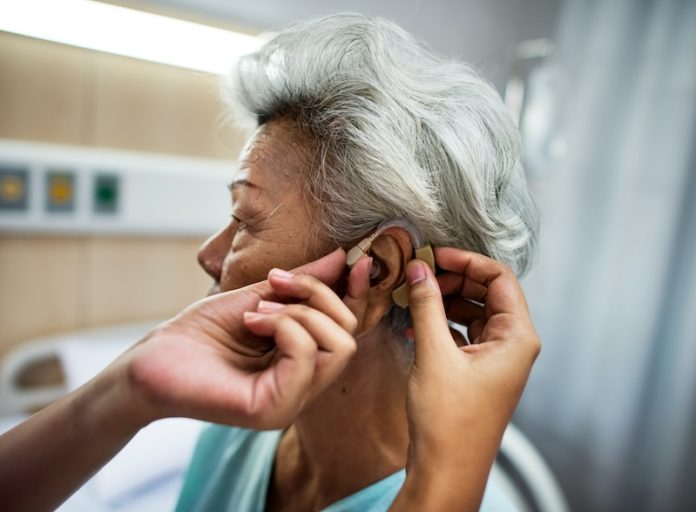
Hearing loss is a common problem, especially as people age. What many don’t realize is that hearing loss doesn’t just affect your ability to hear—it can also impact your brain.
Research has shown a strong connection between hearing loss and cognitive decline, which refers to problems with memory, thinking, and decision-making. Understanding this link can help you take steps to protect both your hearing and your brain health as you age.
Hearing is a complex process that involves your ears and your brain working together. When you lose your ability to hear certain sounds, your brain has to work harder to fill in the gaps. Over time, this extra effort can strain your brain and affect how it processes information.
Studies suggest that even mild hearing loss can double the risk of developing dementia, while severe hearing loss may increase the risk up to fivefold. Scientists believe this happens for several reasons.
One reason is that hearing loss reduces the amount of stimulation your brain receives. Your brain thrives on activity, and when you can’t hear as well, certain areas of your brain may become less active.
This lack of stimulation can lead to changes in brain structure and function, which may contribute to cognitive decline. In fact, brain imaging studies have shown that people with hearing loss often experience faster shrinkage in areas of the brain associated with memory and thinking.
Another factor is social isolation. Hearing loss can make it harder to follow conversations or participate in group activities, leading some people to withdraw from social interactions.
Loneliness and social isolation have long been linked to an increased risk of dementia. When people are less socially engaged, their brains may get less exercise, making cognitive decline more likely.
Hearing loss may also lead to stress and fatigue, which can affect cognitive health. Struggling to hear and understand conversations takes a lot of mental energy, leaving less capacity for other cognitive tasks.
Over time, this constant effort can wear down your brain, contributing to memory problems and difficulty concentrating.
The good news is that addressing hearing loss may help reduce the risk of cognitive decline. Hearing aids and other devices can improve your ability to hear and reduce the strain on your brain.
Research has found that people who use hearing aids are more likely to stay socially engaged and less likely to experience cognitive decline than those who don’t. In one large study, older adults with hearing aids showed a slower rate of memory decline compared to those without them.
Preventing hearing loss in the first place is also important. Protecting your ears from loud noises, avoiding prolonged use of earbuds at high volumes, and getting regular hearing checkups can all make a difference.
If you notice changes in your hearing, don’t ignore them—early intervention can help preserve both your hearing and your cognitive health.
In conclusion, hearing loss is more than just a problem for your ears—it can have a significant impact on your brain and overall well-being.
By understanding the connection between hearing loss and cognitive decline, you can take proactive steps to maintain your hearing, stay socially active, and keep your brain healthy as you age.
Whether through hearing aids, social engagement, or preventive care, protecting your hearing is an investment in your long-term brain health.
If you care about dementia, please read studies about low choline intake linked to higher dementia risk, and how eating nuts can affect your cognitive ability.
For more information about brain health, please see recent studies that blueberry supplements may prevent cognitive decline, and results showing higher magnesium intake could help benefit brain health.
Copyright © 2025 Knowridge Science Report. All rights reserved.



